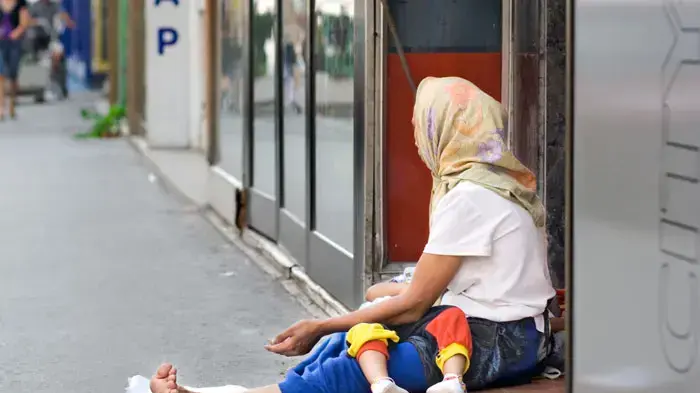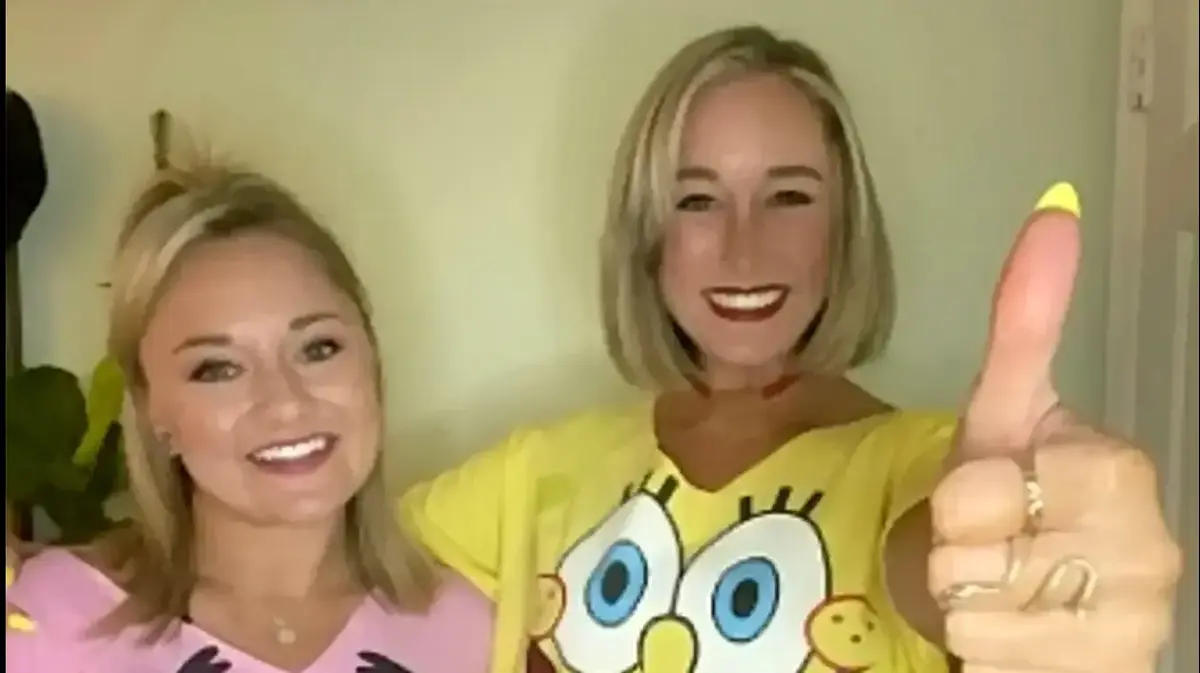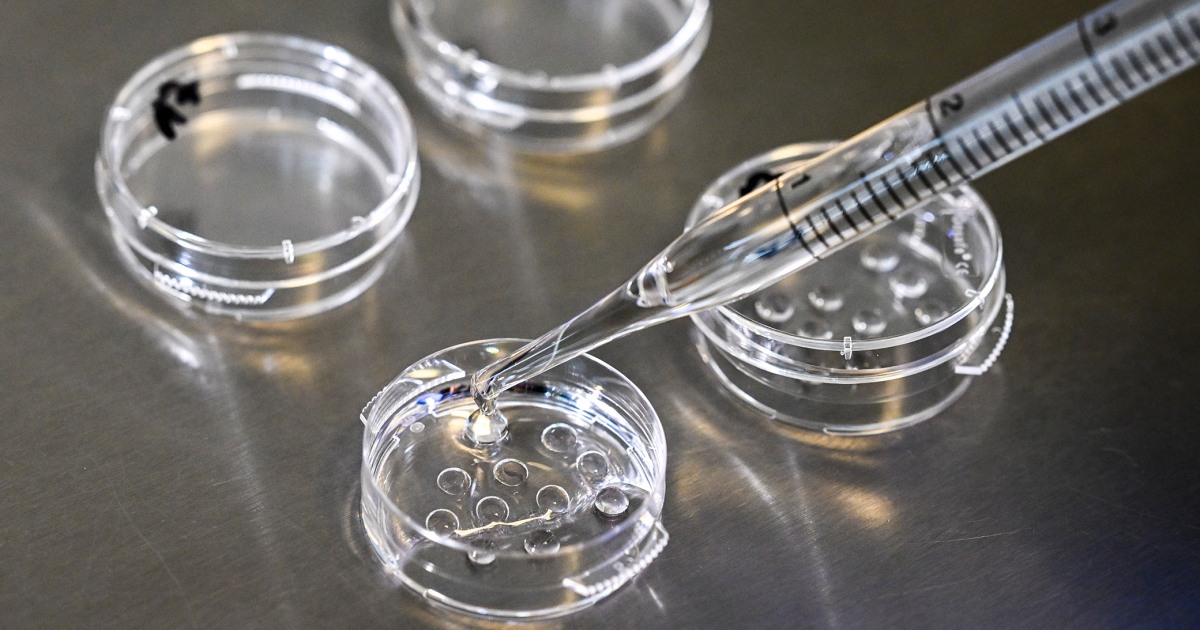- Click to share on Facebook (Opens in a new window)
- Click to share on Twitter (Opens in a new window)
- Click to share on LinkedIn (Opens in a new window)
- Click to email a friend (Opens in a new window)
So you can help the elderly during quarantine 1:24
(CNN) - "Take care of those who help."
It is a good line. Thank you, Mr. Rogers. And its resistance is not surprising.
The presence of those who help offers us hope in moments of chaos. The world may feel terrible right now, with a pandemic spreading across the globe, but somehow there are still people who care about others.
- People helping strangers during the coronavirus pandemic
Even better, those people think caring for others, the key ingredient in maintaining social ties, is still worth it. Their actions remind us that, after all this, there will be something left worth fighting to preserve.
Helping should not only be something we admire from a distance. When we have the possibility to help, remember, you must first put on your oxygen masks; There are a number of good reasons for us all to try.
Helping others makes us feel better
There is a large body of research that shows that doing good to others makes us feel better.
A 2016 study (PDF) that used neuroimaging found that generosity makes us happier, a finding replicated by numerous other studies using other methodologies. Another 2009 study monitored people between the ages of 18 and 60, and found that those who do acts of kindness are more satisfied with their lives than those who don't. The list goes on and on.
Psychologists refer to this urge as a helping rush and believe that our brains create endorphins when we perform acts of kindness. The pleasure centers of our brains light up when we give.
- Tips from a teacher: how you can educate your children at home in the middle of the coronavirus emergency
Our children's brains are no different. There are numerous studies that show generosity in children (PDF) and empathy from six months. But you probably don't need a study to tell you how good kids feel when they give up on their own. Think about those smiles.
Now, of course, we must not only give to others to help ourselves. In fact, research suggests that such attempts to play with our generosity systems are unlikely to produce the desired results.
But as we improvise our family coping strategies right now, it doesn't hurt to keep in mind that well-meaning attempts at generosity produce rewards for all parties involved. Sincerity is key and it is the part that will be most difficult to teach your children.
Encourage your children to become helping people
One of the easiest ways to teach your children to help is for you to help more.
"Modeling, also called observational learning, is one of the most underrated and misused tools by parents," said Alan Kazdin, professor of child psychology and psychiatry at Yale University.
Kazdin explained that generosity modeling can start simply by appreciating generosity in others. Did you hear something good that someone did for someone else? Emphasize it.
When parents do it themselves, they should get used to telling their children. Although, most importantly, don't brag about it. "Be instructive, kind and gentle, rather than fair," added Kazdin. (This shouldn't be an opportunity for parents to show off.)
- Create an effective family routine when you're homebound by the coronavirus
The amazing thing about modeling, Kazdin explained, is how you can teach our children skills without them actually doing anything. We can change who they are simply by being the people we want them to become.
Kazdin said that the brain's mirror networks, the wonderful trick of the mind that allows us to feel that we are doing what we see others doing, is probably responsible. Our children can experience the arc of giving, the initial blush of generosity, the performance of action, and help through us.
Start small and then practice
For the children to help on their own from a sincere place, Kazdin suggests starting small and practicing it over and over again. Doing something simple like saying "thank you" or "I love you" to grandma, even if she has no emotions and is routine at first, she will eventually internalize herself. This is especially the case if you can see how happy Grandma is, and your parents slightly notice the same.
Maryam Abdullah, director of the parenting program at the Great Science Center at the University of California, Berkeley, said parents should pay close attention to their children's emotional state before encouraging them to do acts of generosity on their own. If they seem distressed, this is not the right time to push.
But if they seem able to think outside of themselves, there are a few ways to help them take advantage of their generous sides. On the one hand, try to build on their strengths and give them examples of how to use that strength to help someone else. Do you like to draw? Tell jokes? Can you share?
Focus on your children's interests
Parents can also take advantage of their children's interests. Do they like otters? Parks? Cupcakes from a local store that currently has a GoFundMe? Maybe they could donate some of their allowance money to whatever they love.
Is there an older neighbor or someone from your religious community who could benefit from some form of contact at this time? Perhaps your children can draw a picture or write a letter to them. Or you can offer to buy groceries and you and your child deliver (from a distance). They could also help a parent organize and raise donations of medical supplies for a local hospital.
- The kitchen ritual that helps me and my family get through the pandemic
Doing good can also take place between friends and family.
Perhaps your child learns about the power of communicating with a friend or relative during a difficult time. Simply saying "how are you?" at the right time, with the right intention, it can absolutely be called a good deed.
There is also a lot of potential at home.
Each sibling or family member can have an idea of something nice to do for each other. They could bake your sister's favorite cookies. They could let their little brother choose the cartoon during TV time. They could take a bike ride with Dad, even though they would rather walk.
“Present it as an opportunity in which they also have a voice. You want to capitalize on their own intrinsic motivations, because that increases the likelihood that they feel good doing it and have that warm, glowing feeling afterward, ”said Abdullah.
Almost as important as the act is to reflect on it later, he explained. Parents should celebrate their children for doing so and help them understand the ramifications of their good deed. Abdullah said this is especially important for older children, as “it helps them tell their stories. 'This is what I am. This is the kind of person I want to be. ''
For younger children, Abdullah recommends keeping projects on giving ideas where they are likely to be successful.
"You want to feel successful. Research shows that if you ask a child to help you and give him a task that was unsuccessful, it may undermine his desire to help in the future. "
- A man spent $ 900 of his savings to buy gasoline for more than 50 male and female nurses in Detroit
With our children and with ourselves, this is not the time to expect holiness. Some days, we will feel like we deserve the Nobel Peace Prize just for having everyone brush their teeth morning and night.
But the longer we stay in this uncertain, isolated and terrifying state, the more we need to find ways to feel connected to other people and feel good. What makes helping so exceptional is that it allows us to do both at the same time.
Help















